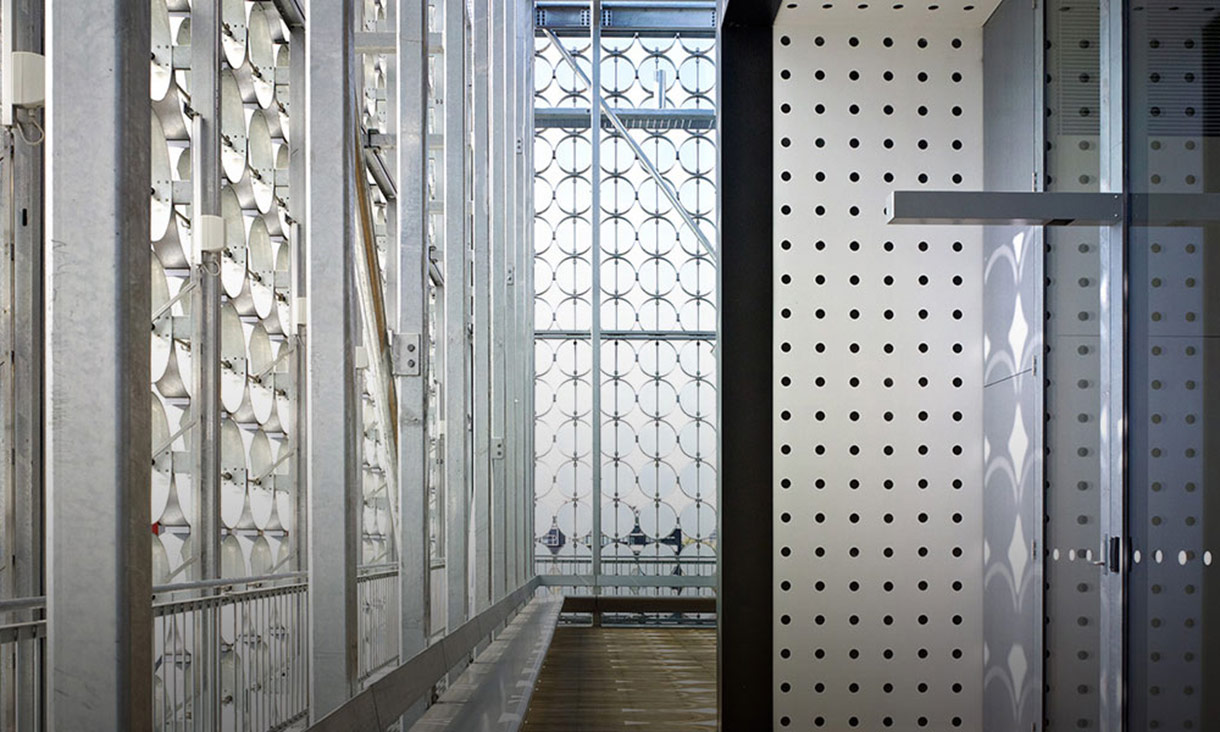Food science and technology
Studying food science and technology at RMIT gives you plenty of practical experience, thanks to our strong links with major food industry companies, and our well-equipped laboratories.
Sustainable practices
Lead change in sustainable practice and explore complex issues with like-minded people.





